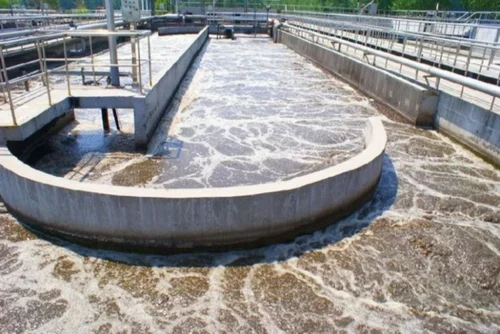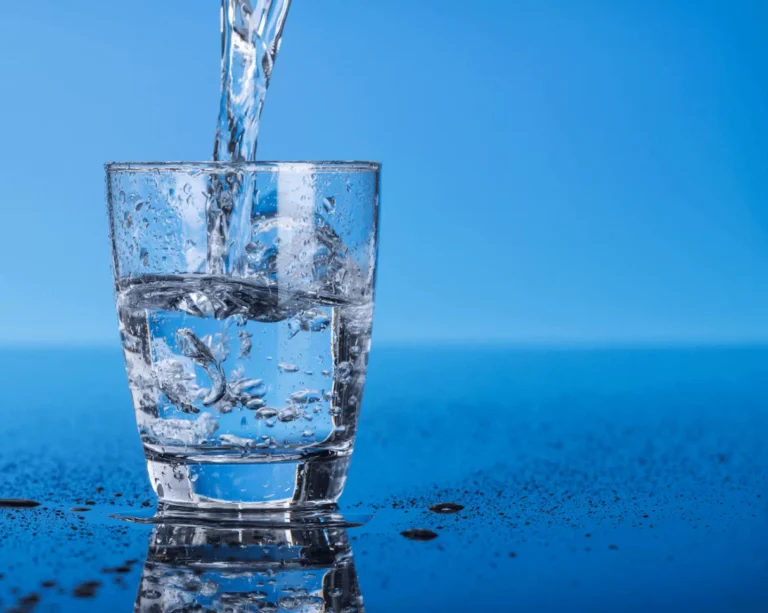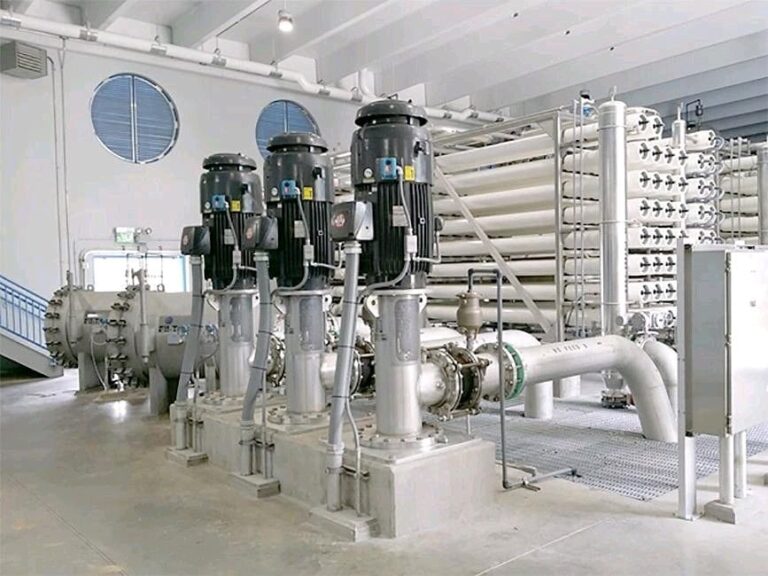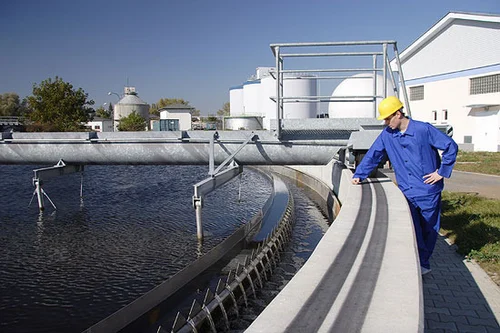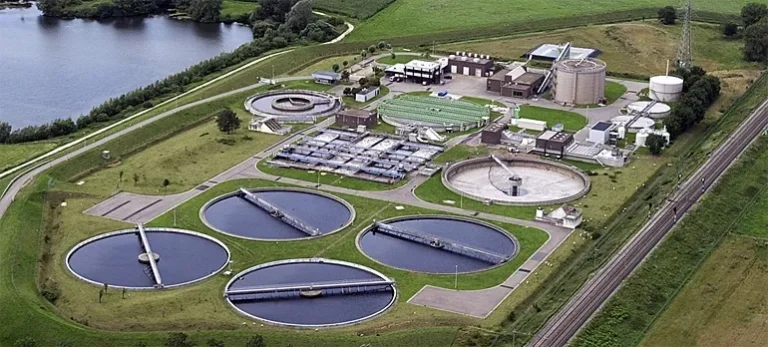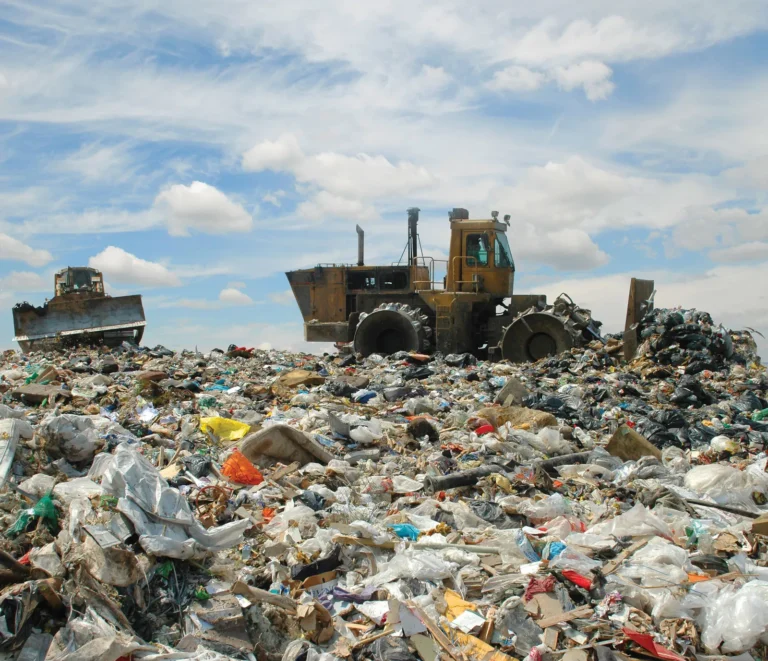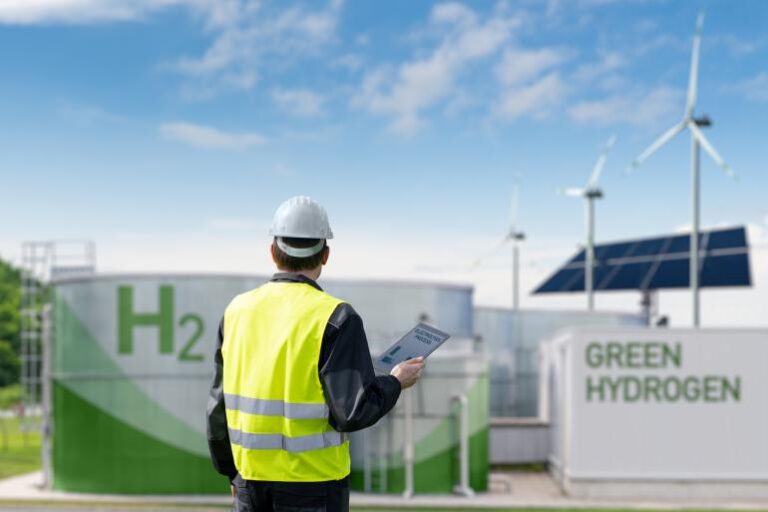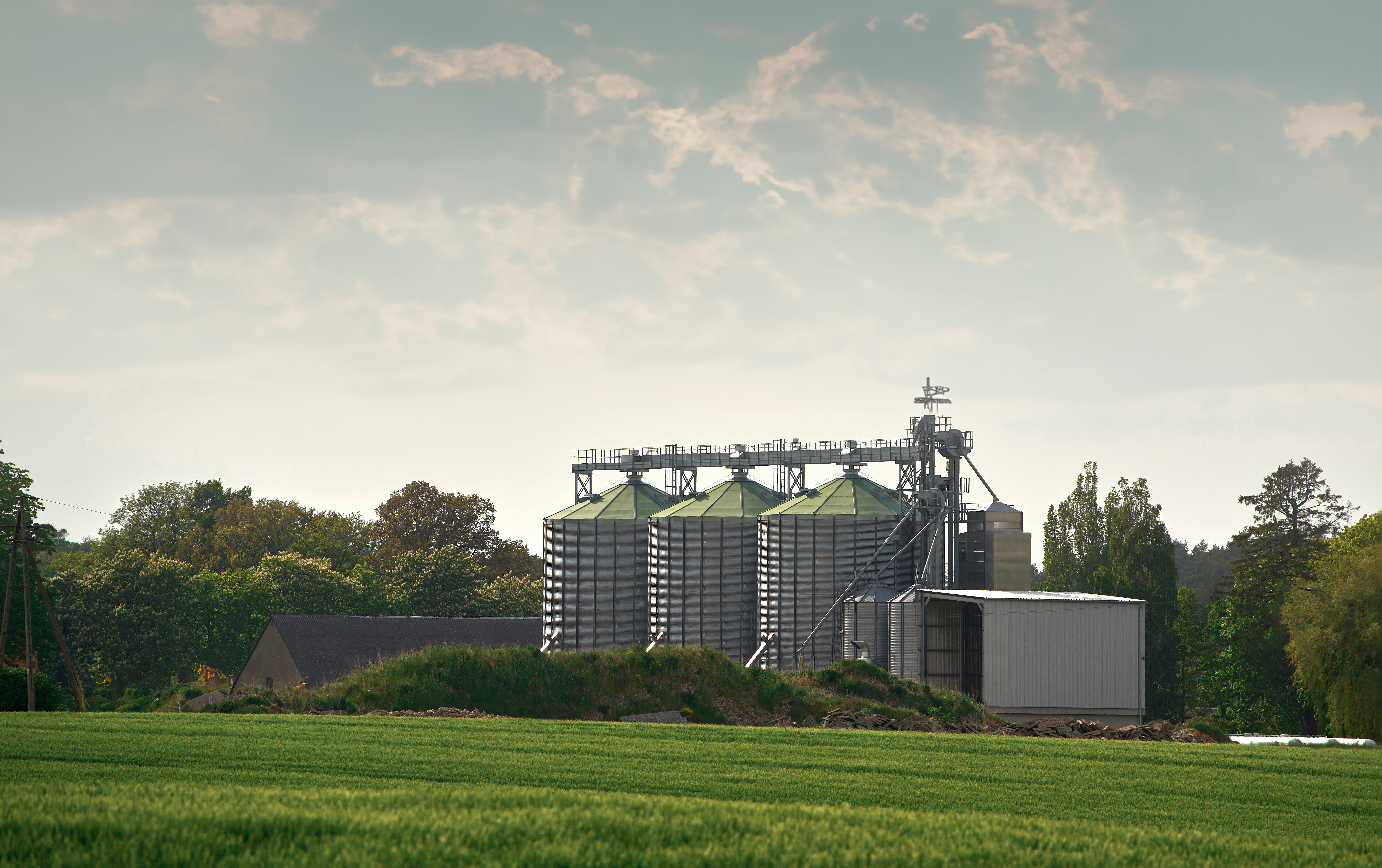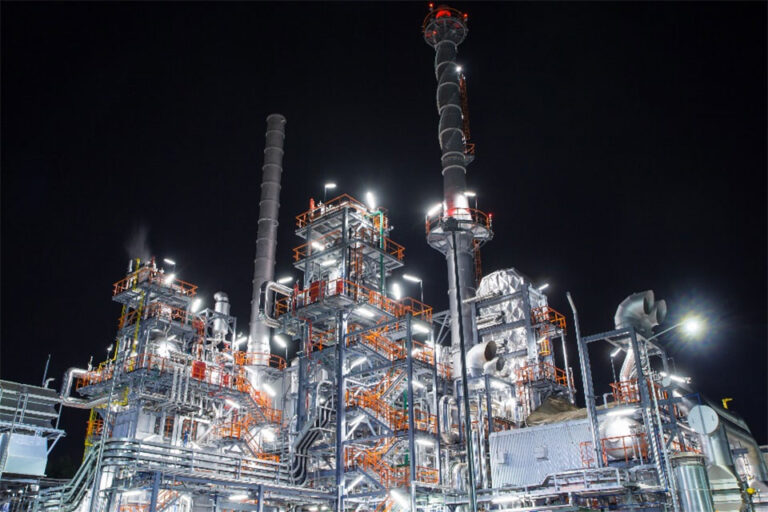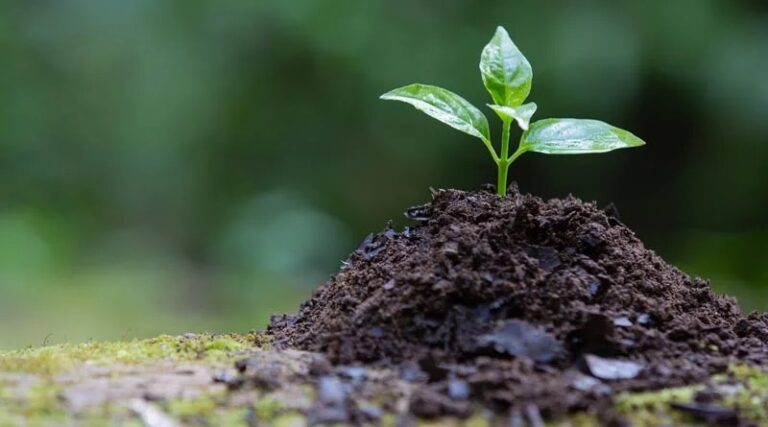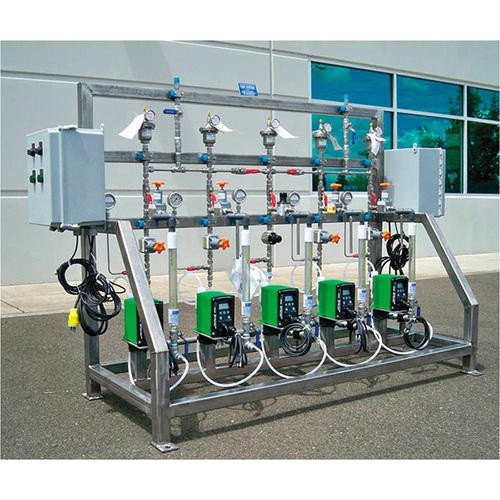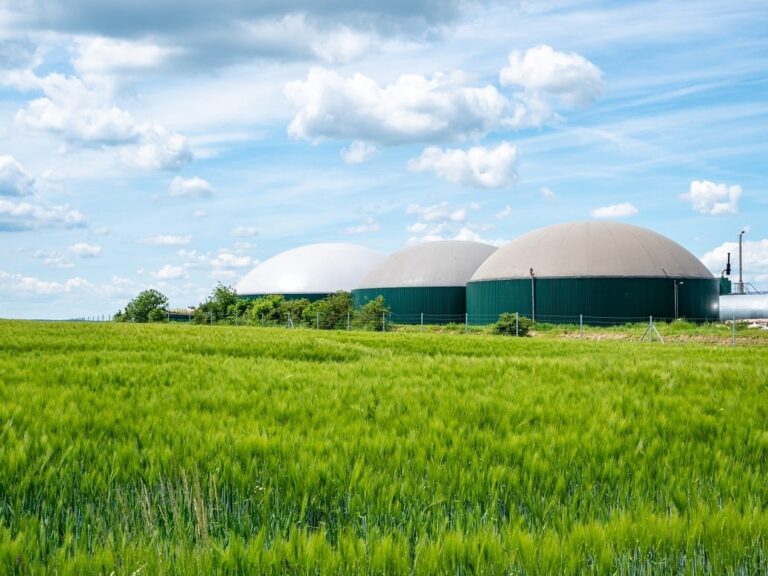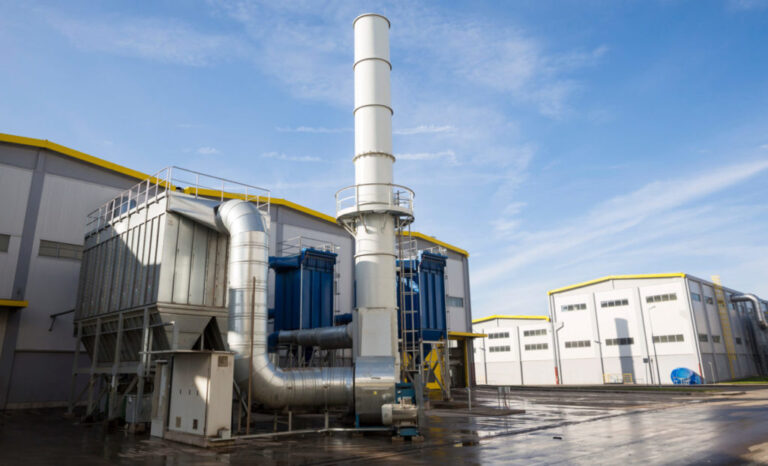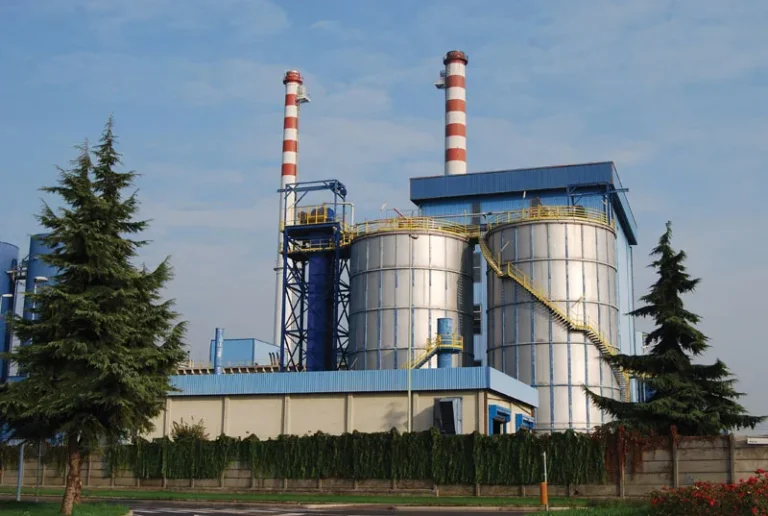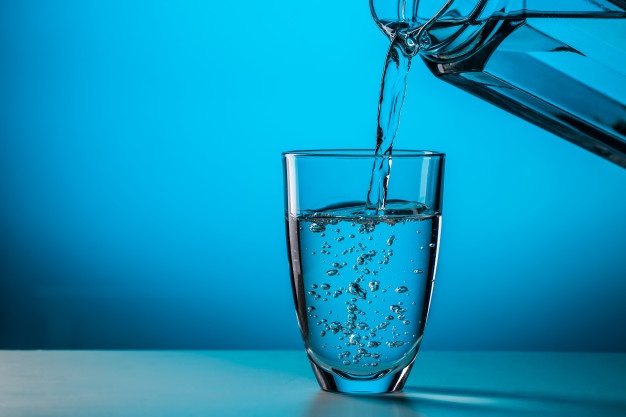Leachate Treatment Solutions
Targeted
Engineering
for Landfill
Leachate
with High
Contaminant
Loads
Leachate Complexity Demands advanced, Adaptive Treatment
Across the world, leachate from municipal landfills poses a serious risk due to high concentrations of ammonia, heavy metals and persistent organic pollutants. Global solid waste generation is expected to reach 3.4 billion tonnes annually by 2050 (World Bank), with over 70% ending up in landfills. Most conventional systems fail to manage leachate variability, especially during heavy rainfall or shock loads. Without high-performance leachate treatment systems, regulatory compliance and long-term environmental safety remain out of reach.
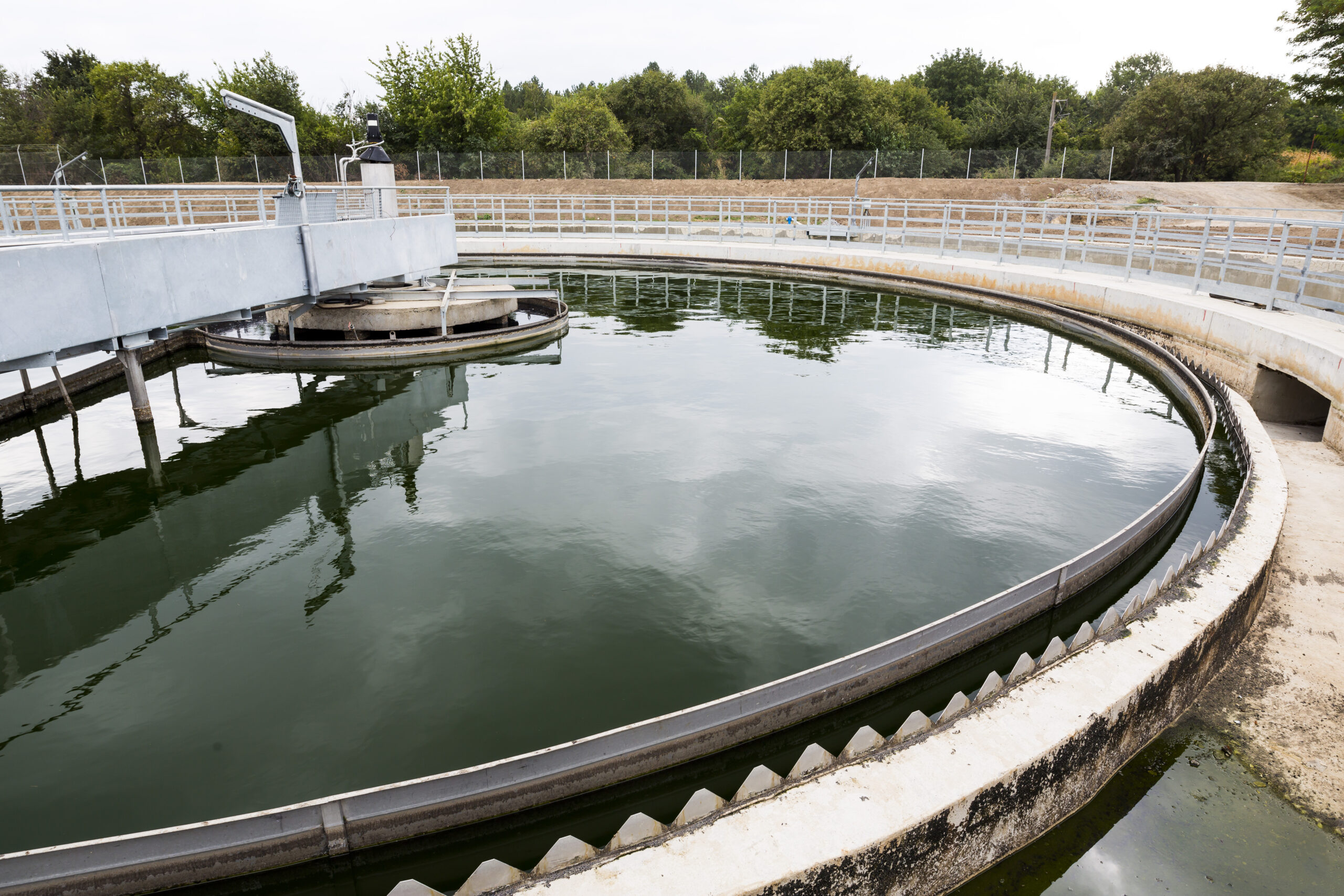
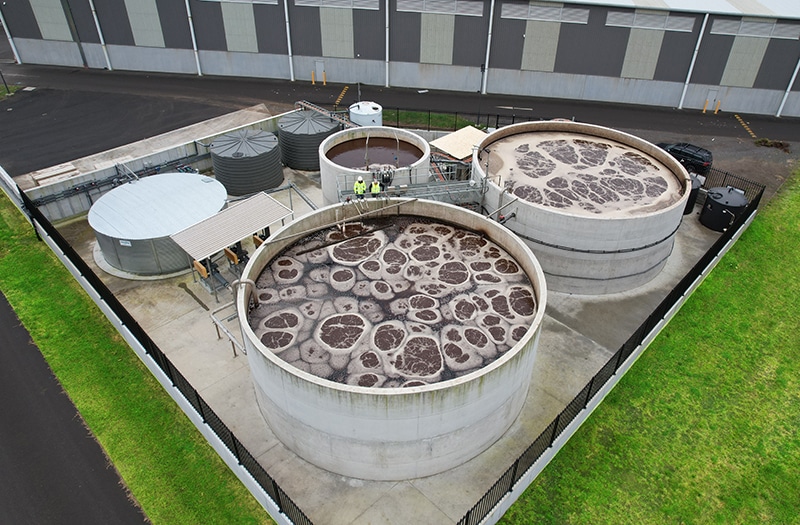
OUR APPROACH
Advanced, Adaptive Systems for Every Leachate Profile
Key process features include:
- Equalization and pH correction tanks to stabilize the influent
- Biological reactors (anaerobic / UASBR / MBR / MBBR / SBR) to degrade organic loads
- Chemical-physical separation, including coagulation and advanced oxidation
- Membrane filtration (UF / RO) for final polishing and potential reuse
- Sludge management modules for sustainable solids handling
Whether as standalone leachate treatment facilities or integrated with larger waste management setups, our plants are designed for uptime, scalability and regulatory confidence.
WOG Leachate Treatment Plant in Maharashtra Delivers 94% COD Reduction.
Situation
A municipal landfill in Western India faced compliance issues due to highly variable leachate volumes and elevated ammonia concentrations, especially during monsoons.
Task
Design and implement a robust leachate treatment system capable of handling seasonal fluctuations while achieving high COD reduction and minimising sludge generation.
Action
WOG Technologies Limited deployed a modular leachate treatment system integrating MBBR, advanced oxidation processes (AOP) and dual-stage reverse osmosis, all managed through SCADA for real-time control.
Result
- Achieved 94% COD reduction
- Enabled treated water reuse for on-site landscaping
- Reduced sludge generation by 85%
- Delivered seamless, uninterrupted operations through automated remote monitoring
Planning to commission or upgrade a landfill leachate treatment system?
Talk to our engineering team about a customized design that meets pollution control norms and maximizes process uptime.
FAQs
Dry weather wastes are concentrated, but volumes are lower. During wet weather, flow and TSS typically increase while other concentrations are lower. Our designers factor in the above to the leachate treatment plant design using processes including buffer tanks, real-time monitoring and adaptive load control.
We deploy a combination of biological (MBR / MBBR), physical-chemical (coagulation, AOP) and membrane-based systems. Each leachate treatment system is tailored to meet both current and forecast contaminant loads, including refractory organics and nitrogen species.
Yes. The treated water is suitable to be used in secondary applications such as gardening, agriculture and asset cleaning. Depending upon the local demand of nearby industries, the treated water may be further polished using RO technology to produce water for industrial use. Talk to us about how we can couple this with ZLD.
We provide O&M, AMC and continuous monitoring support. Our leachate management systems are equipped with SCADA, automated feedback loops and sludge dewatering units to extend the lifecycle and minimize manual interventions.
Landfill sites typically demonstrate very high inorganics and thus producing energy out of COD has been a challenge. Now, the mandate from municipalities to collect biodegradable and non-degradable waste separately has enabled us to recover valuable energy from waste. We understand the inorganic content under different global landfill conditions and can design to account for these.

